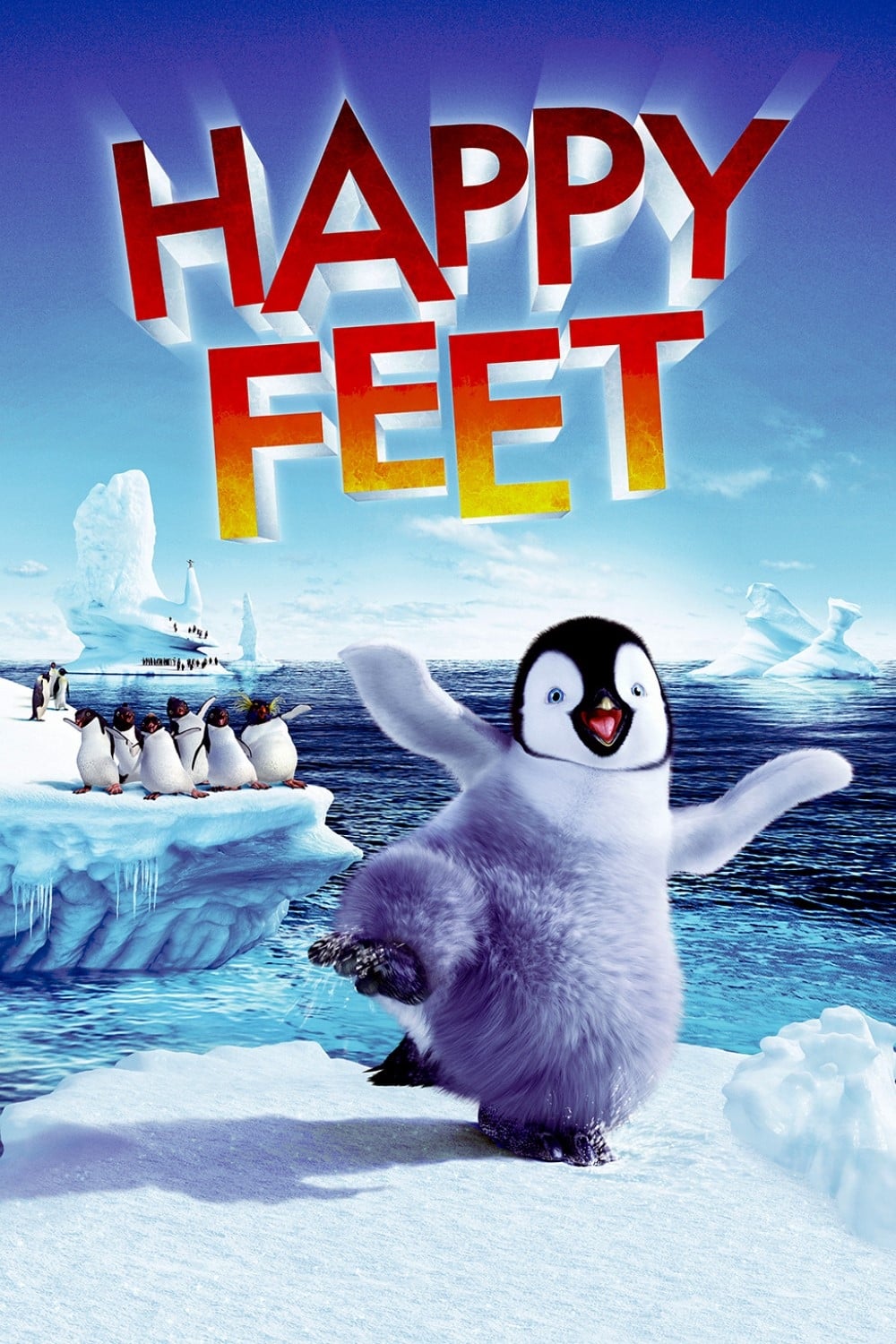
Into the world of the Emperor Penguins, who find their soul mates through song, a penguin is born who cannot sing. But he can tap dance something fierce!
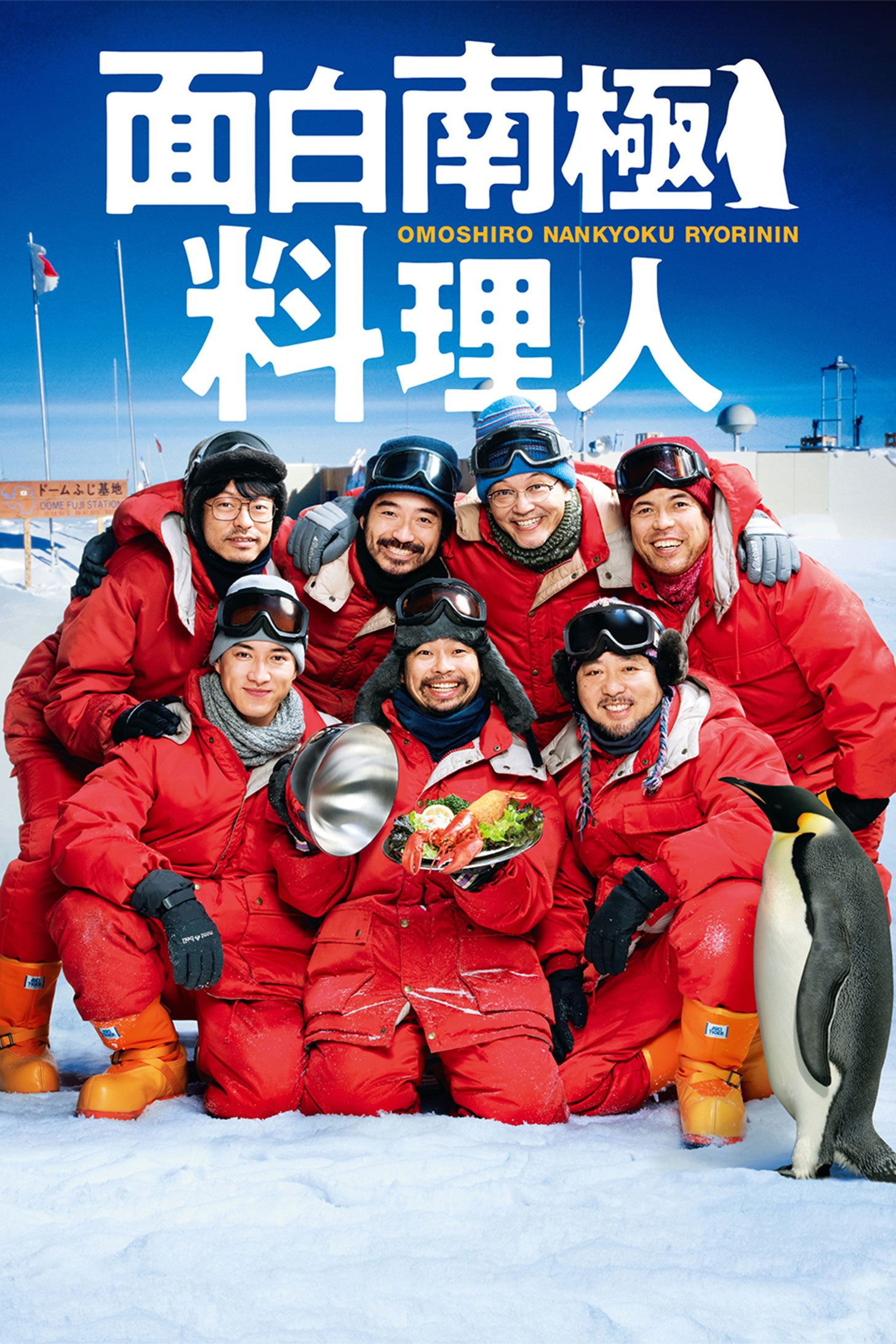
The Japanese 38th South Pole research expedition team are at the Dome base. Located 1,000 km away from the main Showa base at an altitude of 3,800 m, it is called the most inhospitable place on earth with an average temperature of -54 deg Celsius. No living thing or even a virus can survive in such an environment. Three of the seven-member expedition team are researchers and the remaining four are support personnel. However, they are common men who have to live together in the confined space of the Dome base for one year.

In 2049, the only remaining data center "Black Box" on the planet rendered uninhabitable by climate disaster. The recorder who resides in "Black Box" accidentally brings out the documentary made by 2023 musicians... The last record on earth left with music on the fast-destroying earth, "The Black Box on Earth"!
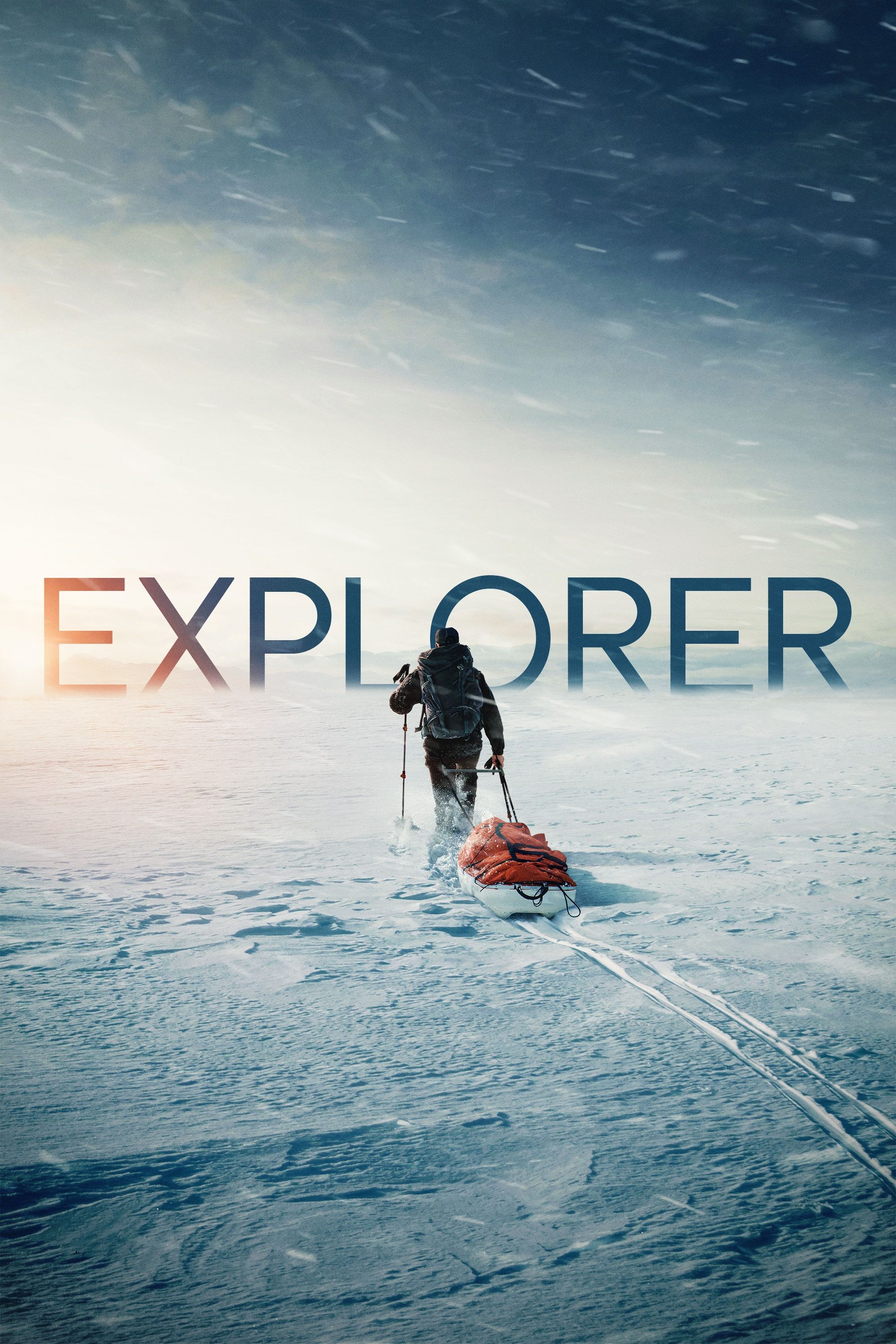
Sir Ranulph Fiennes is credited as being the World’s Greatest Living Explorer. Among his extraordinary achievements, he was the first to circumnavigate the world from pole to pole, crossed the Antarctic on foot, broke countless world records, and discovered a lost city in Arabia. He has travelled to the most dangerous places on Earth, lost half his fingers to frostbite, raised millions of pounds for charity and was nearly cast as James Bond. But who is the man who prefers to be known as just ‘Ran’?

~ 3.9 km Swim ~ 180 km Bike ~ 42.2 km Run ~ The impossible journey to complete the first ever long-distance triathlon in Antarctica, The Iceman. To prove that limitations are perceptions.
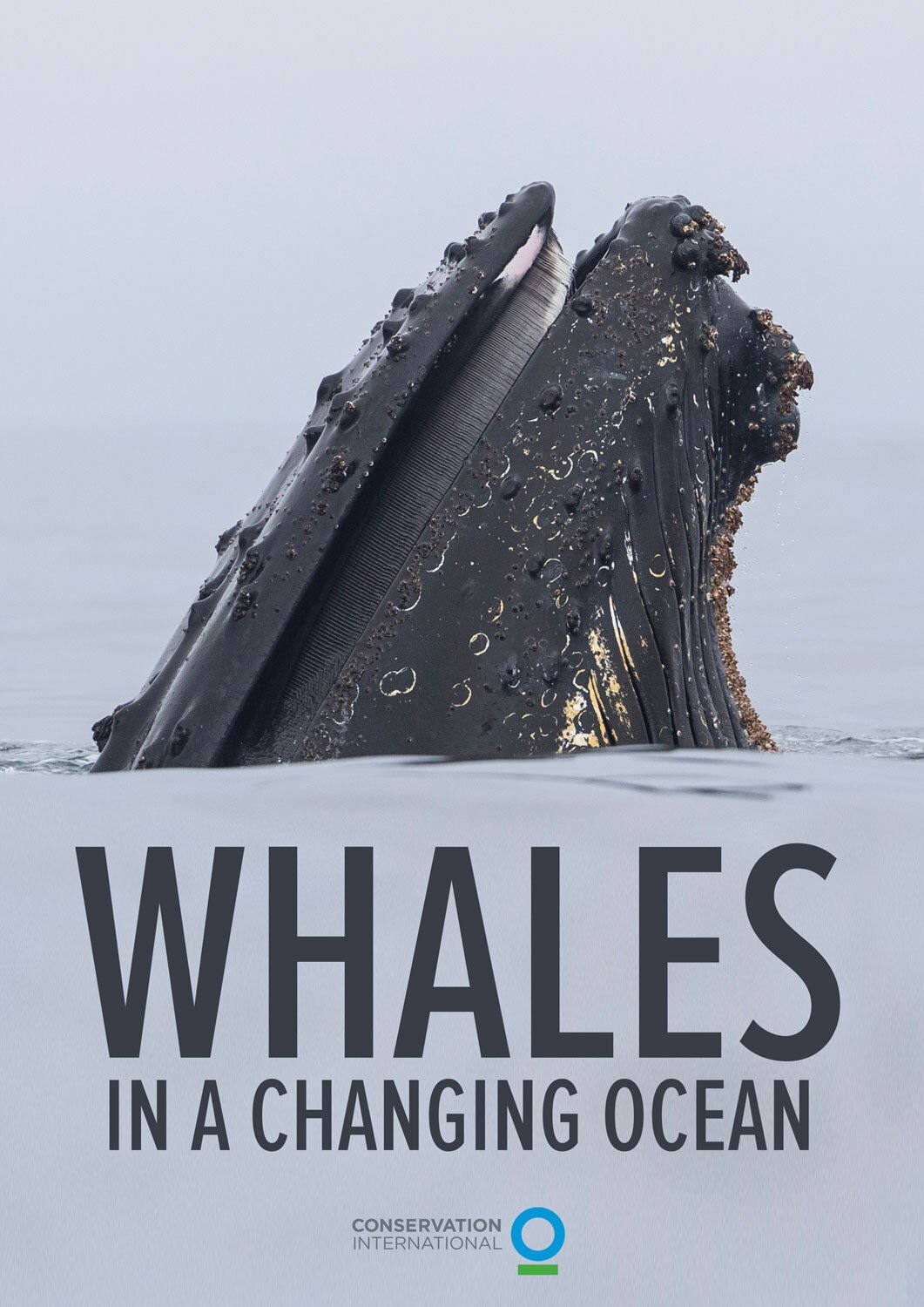
Wildlife photographer Richard Sidey joins an international team of whale research scientists in Antarctica to document their work on how Humpback Whales are adapting to a changing ocean.
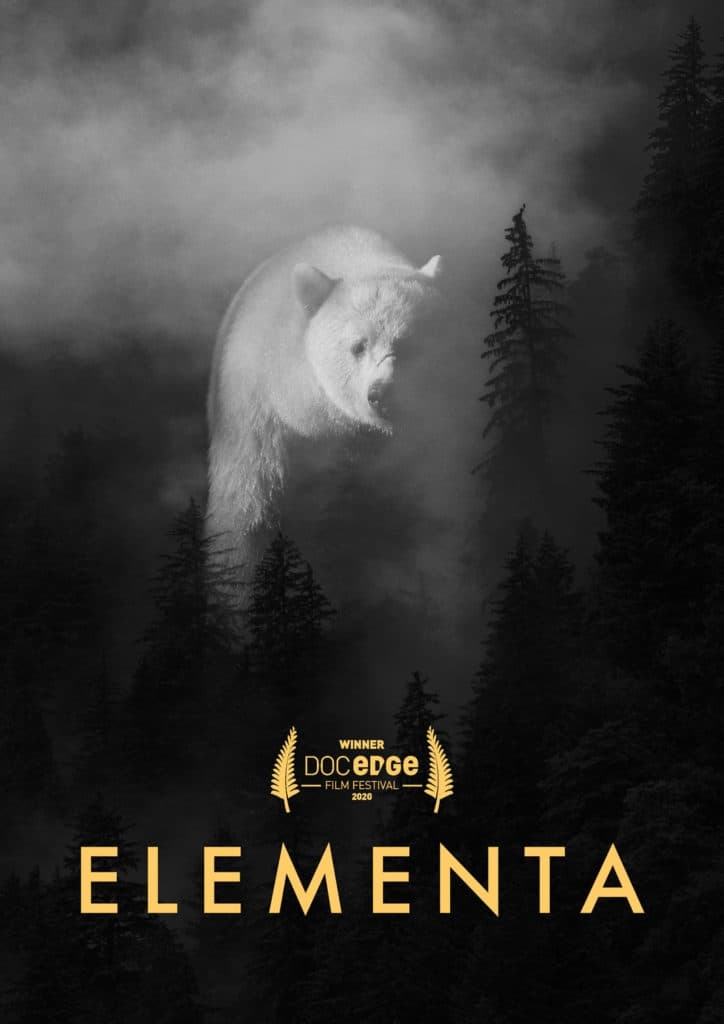
A black-and-white visual meditation of wilderness and the elements. Wildlife filmmaker Richard Sidey returns to the triptych format for a cinematic experience like no other.
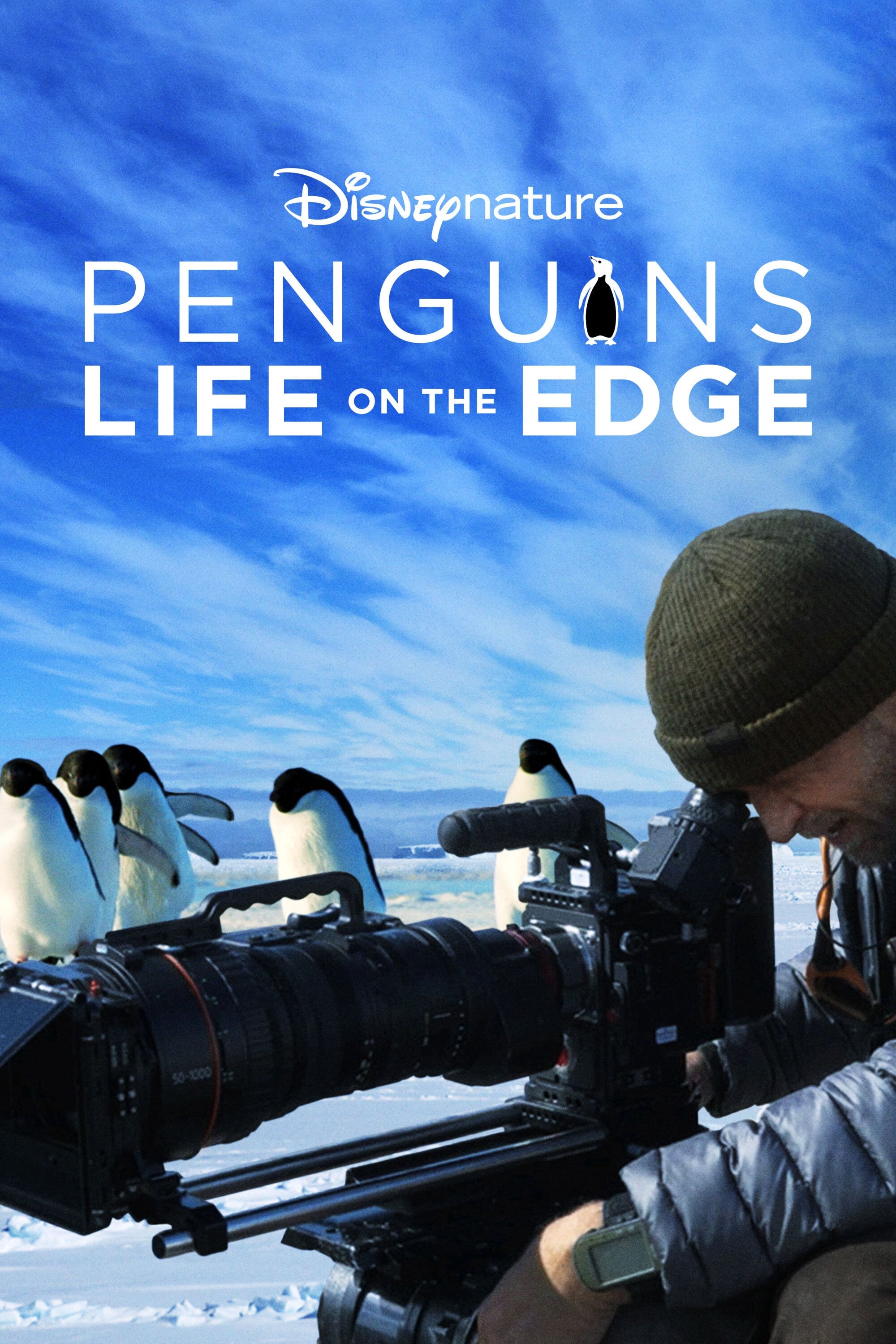
A witty and tenacious team of filmmakers brave the Antarctic to film Disneynature's "Penguins."
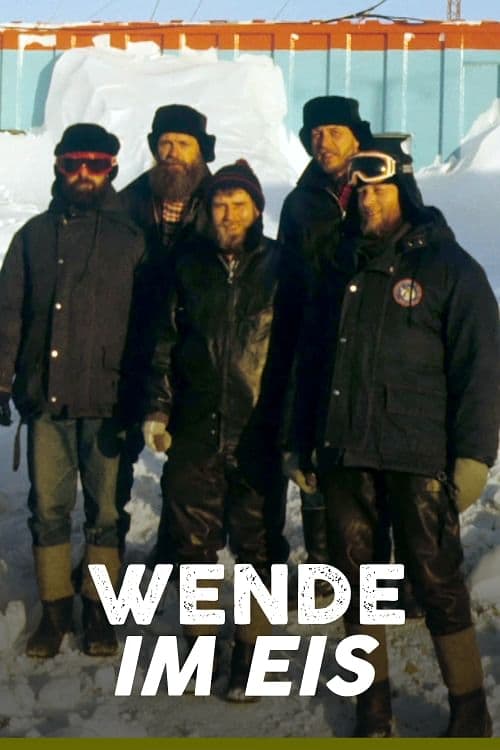
In 1989, thirteen GDR scientists and technicians set off from East Berlin to the Georg Forster research station in the Antarctic. During their expedition the Berlin Wall fell on November 9th. Cut off from the images that go around the world, the men can only experience the historical events passively. When they returned in the spring of 1991, their homeland was a foreign country. The documentary reconstructs the thoughts and feelings of the East German researchers on the basis of eyewitness accounts, diary excerpts, letters, film material, grandiose landscape shots from the location of the action and unique photos to make the consequences of the events tens of thousands of kilometers away on the small GDR expedition in the middle of the eternal ice tangible.
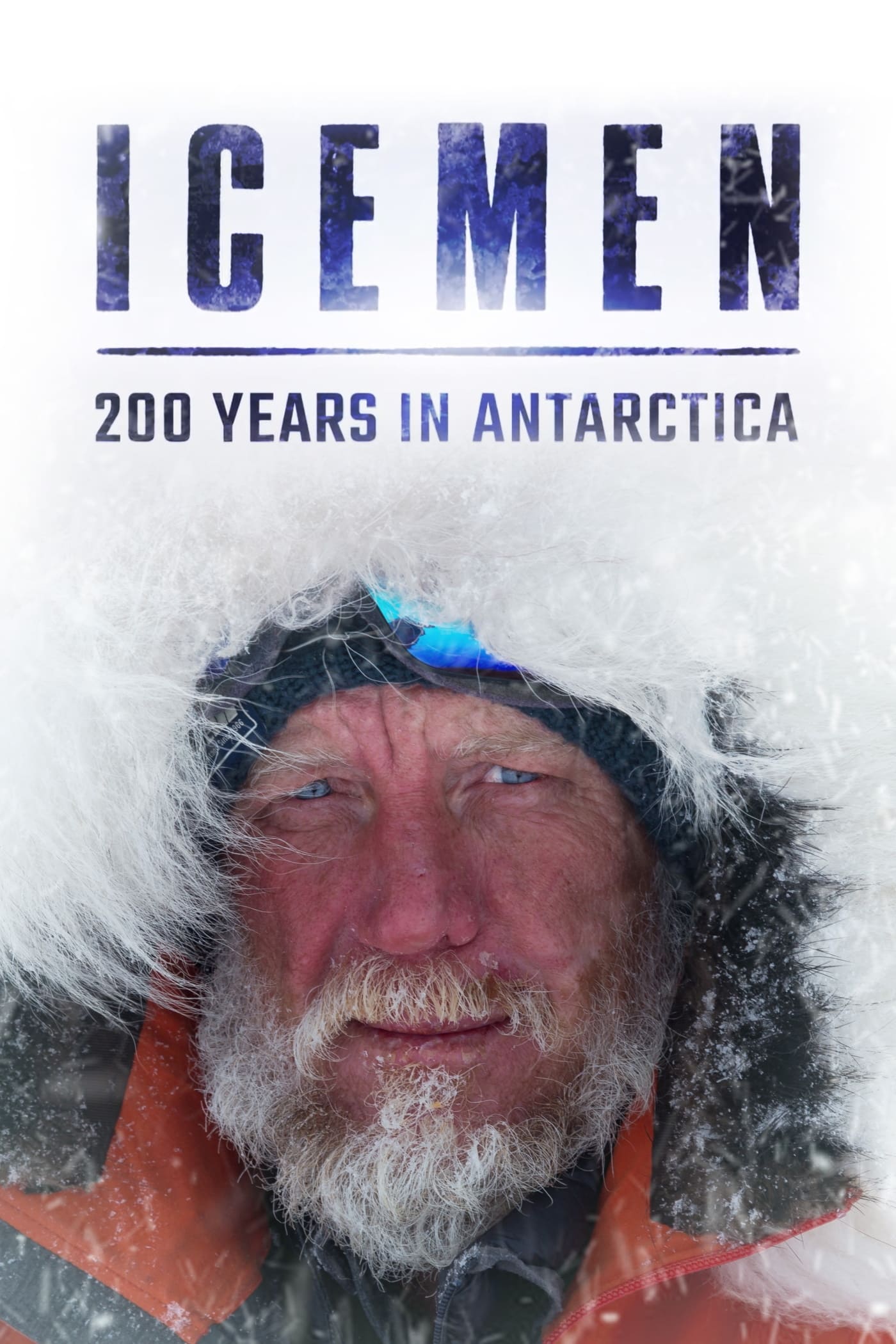
A riveting story of polar exploration that investigates the motivation, psychology, science, and physical endurance that have characterized the historic heroes who have explored the frozen continent of Antarctica over the last 200 years.
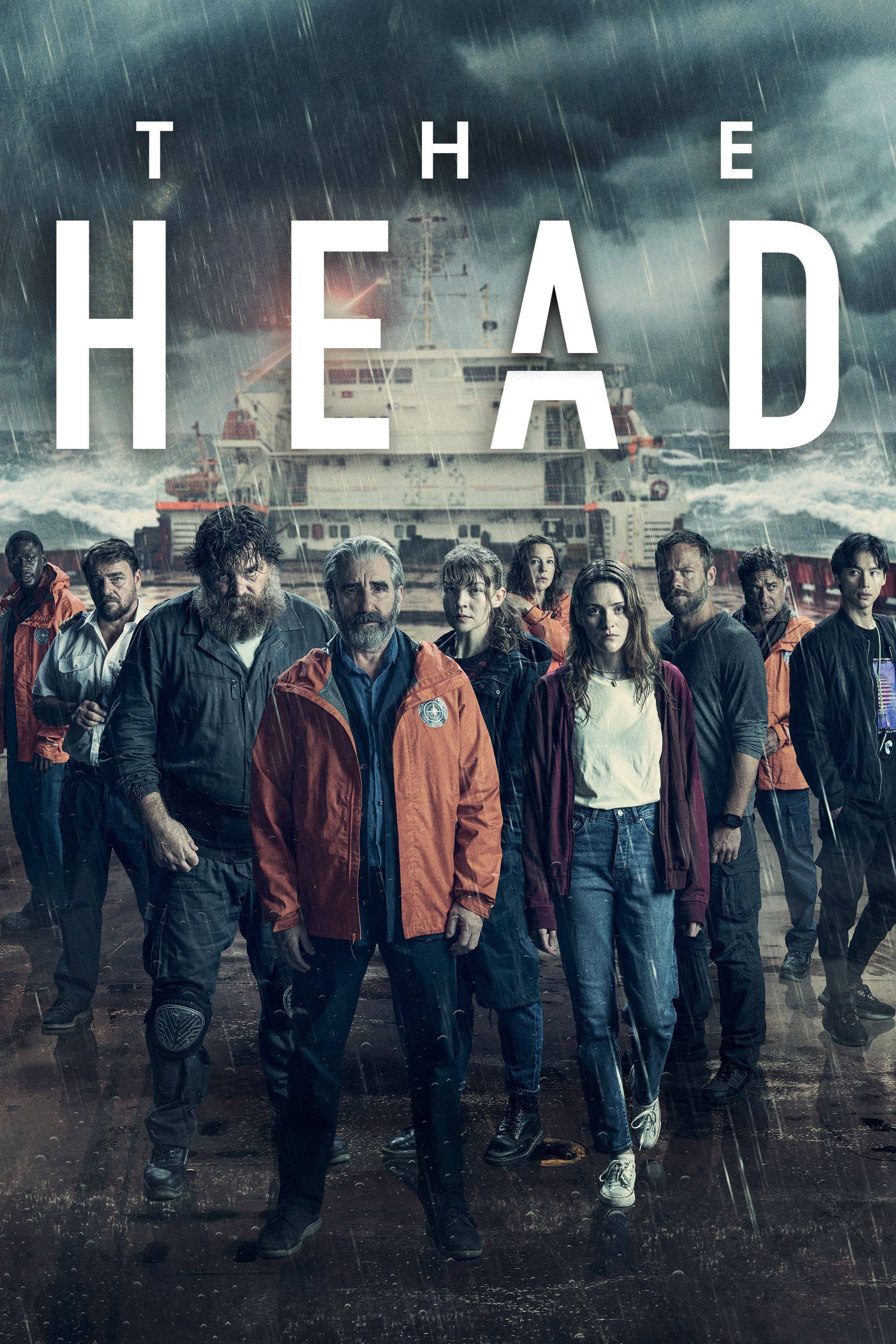
In an isolated and inaccessible Antarctic research station in which winter has fallen on the South Pole and the sun will soon disappear for the next six months, a small team, known as the Winterers, remain at the Polaris VI Antarctic Research Station to continue their innovative research. Renowned biologist Arthur Wilde is determined to find a solution to climate change, but his quest turns into a nightmare when several of his esteemed scientists suddenly begin to die.
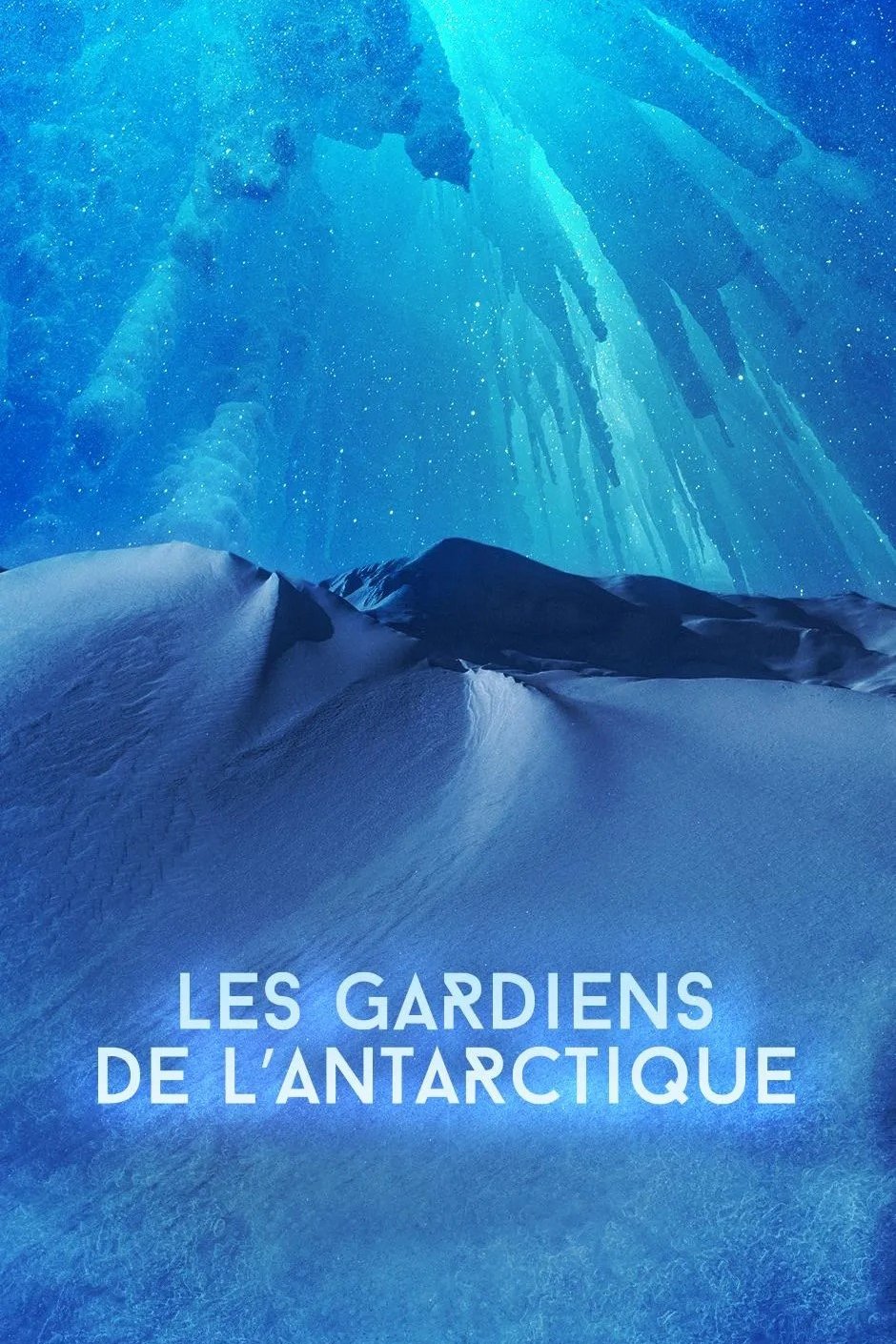
Documentary series aimed at understanding the jobs of the "Ice Rangers": these men and women who manage the practical aspects of the Princess Elisabeth polar station on a daily basis. What drives them to the idea of coming to isolate themselves on this basis? How do they manage to manage their emotions and their private lives? This daily life will be juxtaposed with scientific missions and challenges and, therefore, more universal questions to understand why it is important to continue research in this white continent and what challenges for tomorrow this represents at the planetary and climatic level.
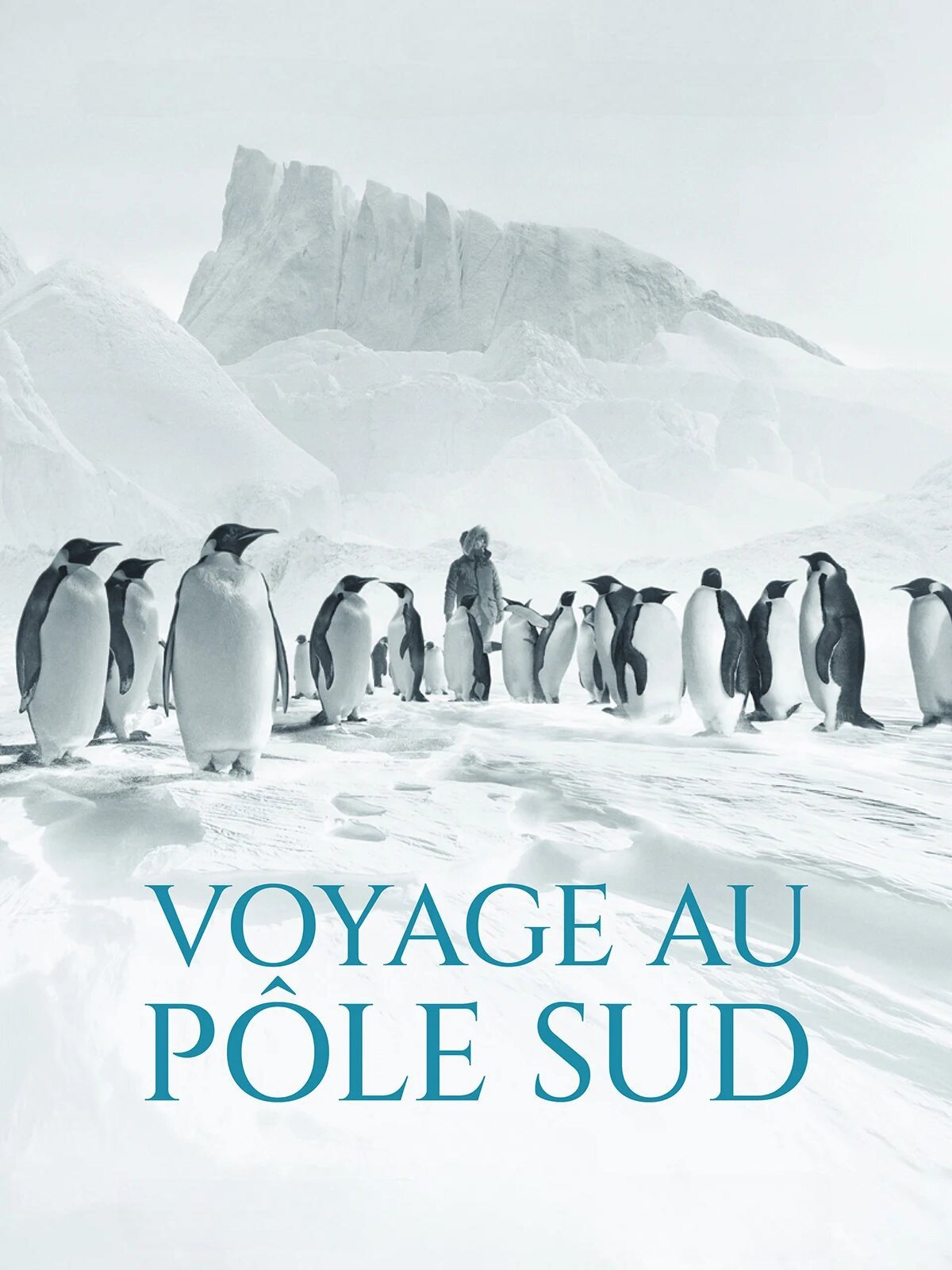
The few thousand kilometers that separate Patagonia from the South Pole are a fascinating and hypnotic journey for explorers. Some even speak of an addiction, 'the Antarctic bite'. March of the Penguins (2005) director Luc Jacquet has been experiencing it for 30 years. His new film is a visually-striking adventure, offering us images beyond words, an ultimate tribute to a vanishing continent.
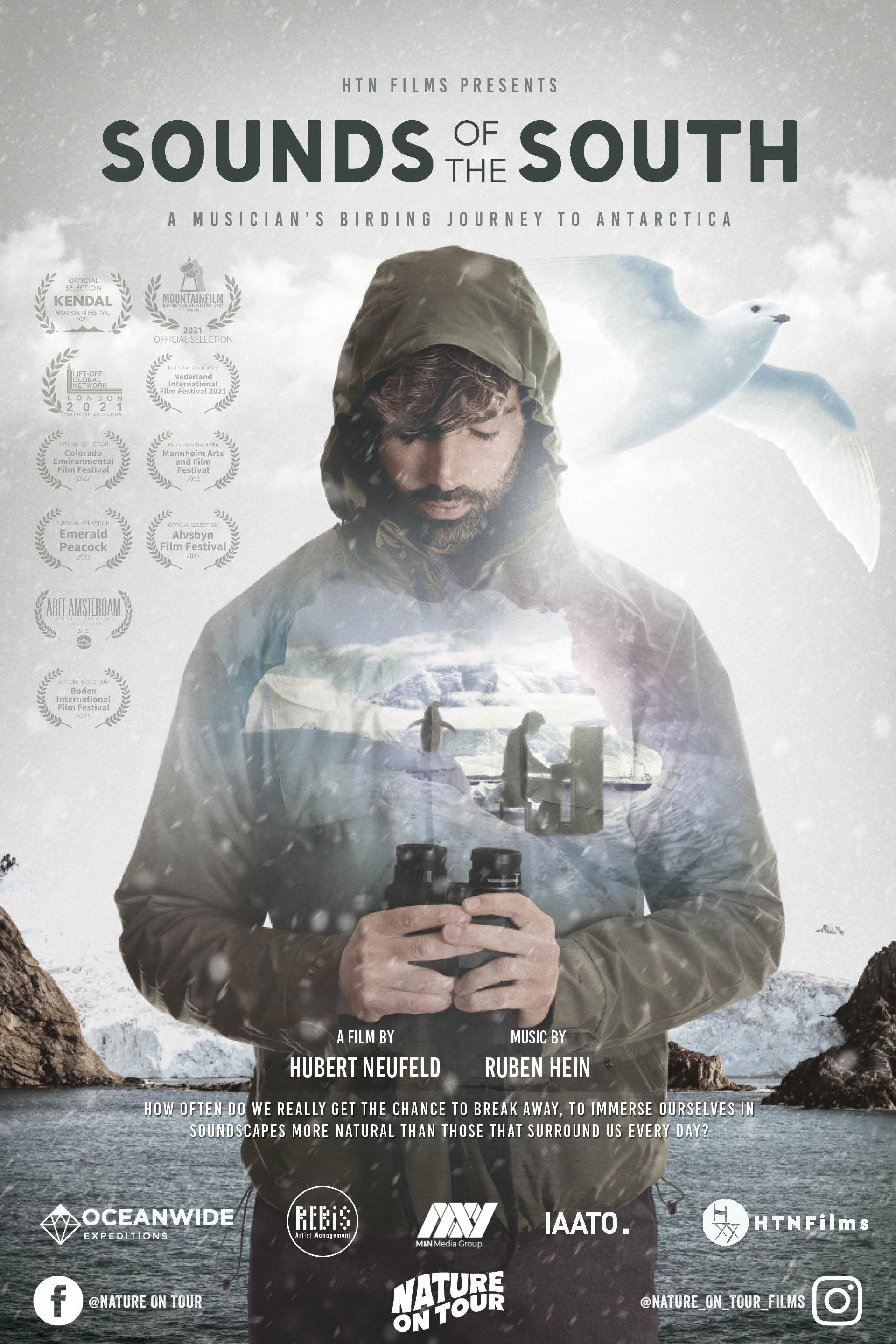
Dutch musician Ruben Hein's love for nature and wildlife has always been central to his creativity. When he decided to visit Antarctica and the sub-Antarctic, he had no way to know how deeply the experience would impact him.

Scenery that we have never seen. Sounds that we have never heard. Scent that we have never smelled. Food that we have never tasted. And the surge of emotion that we have never experienced. This is the expedition of recollecting the pieces torn apart and sensation left alone. When we reach that place, what will we think? Howling, 40 degree angle. Raging, 50 degree angle. Shouting, 60 degree angle. A wilderness beyond the heavy sea. The furthest south, far from civilization. At the top of the Earth. We will find lights through the girls' eyes to live tomorrow.
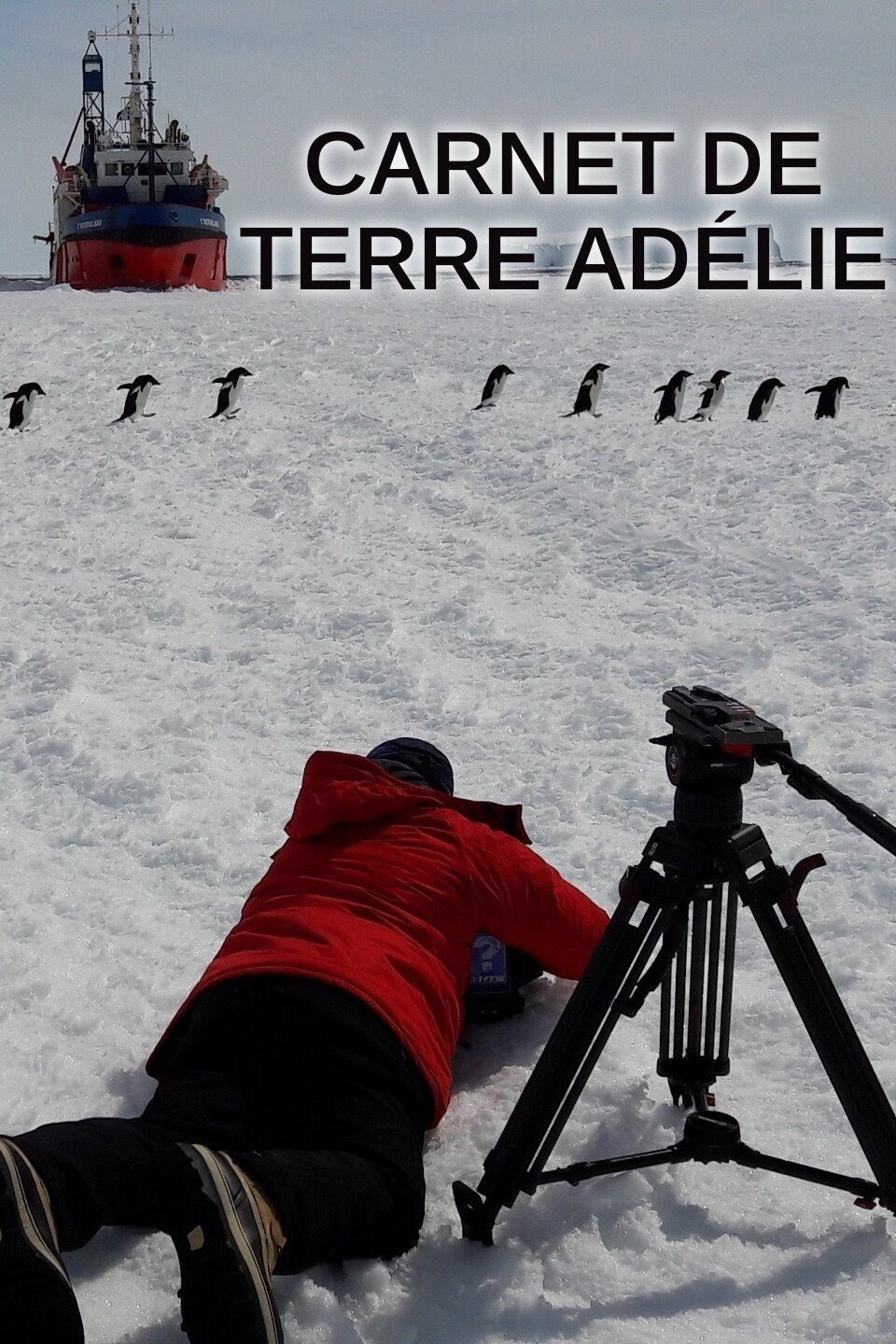
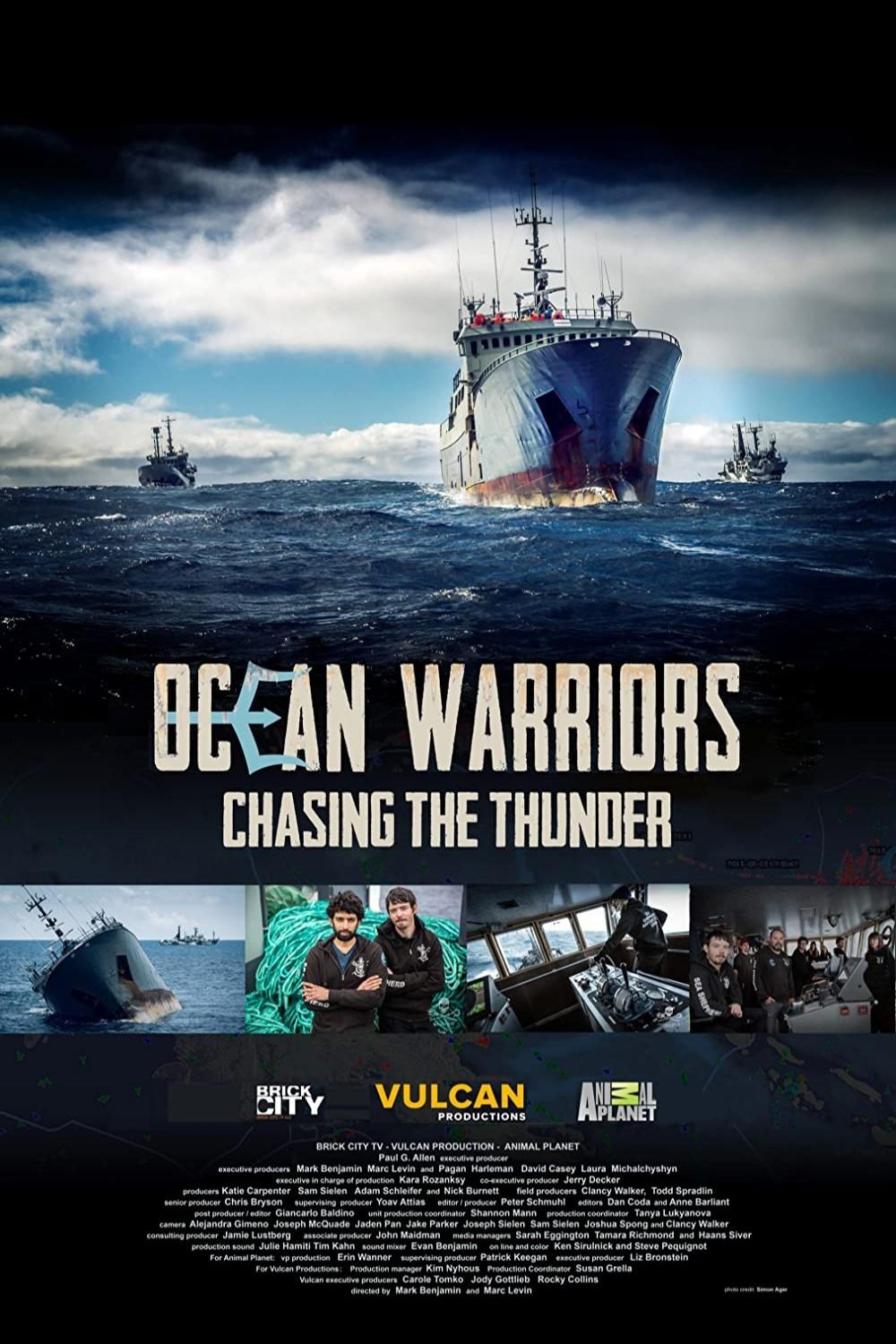
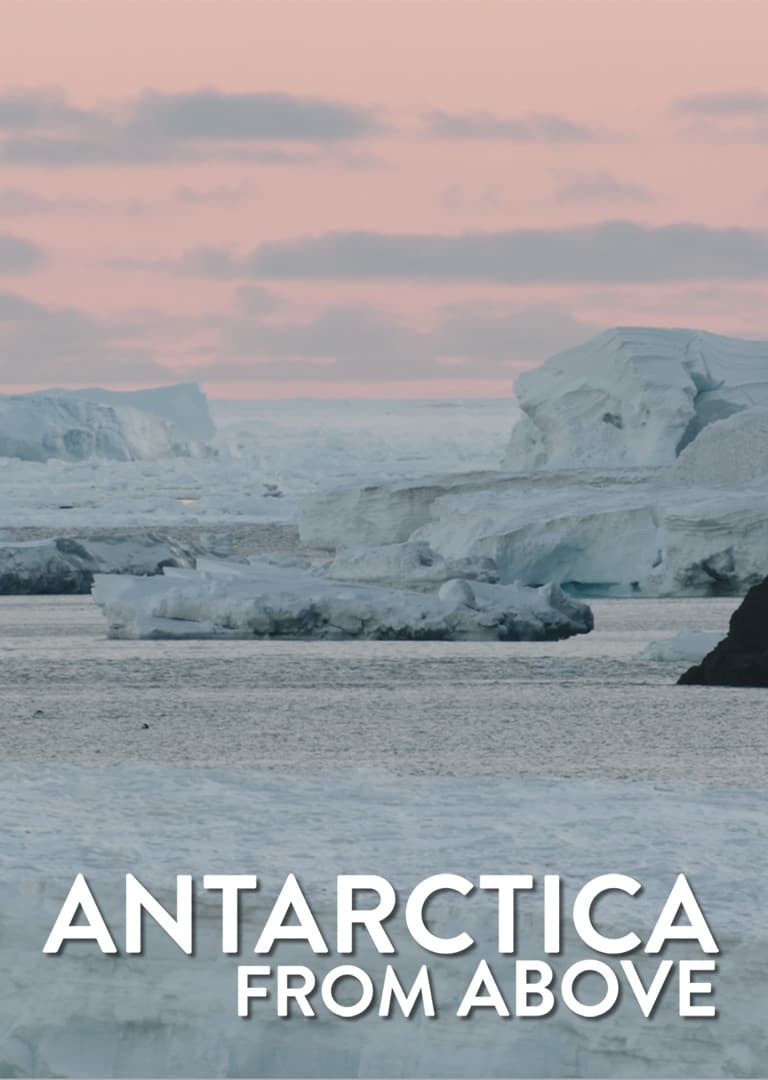
At the bottom of the world is a place of wild isolation. Antarctica. Its vastness and extremes defy description. From volcanoes to glaciers... and peaks that scrape the sky, its geography is like nothing else in the world. Its wildlife embraces harsh, alien landscapes. And the people that make their home there for part of the year survive amidst unbelievable conditions, thanks to some of the most creative problem-solving on the planet. Filmed principally in the Sub-Antarctic and Ross Sea region as a series of vignettes - each based around one astonishing location after another - viewers will explore one of the most remote, and least-visited parts of the continent; less than 500 tourists make the journey to this region each year. Few places on earth capture the imagination like the great white continent. Now see it as it’s never been viewed before.
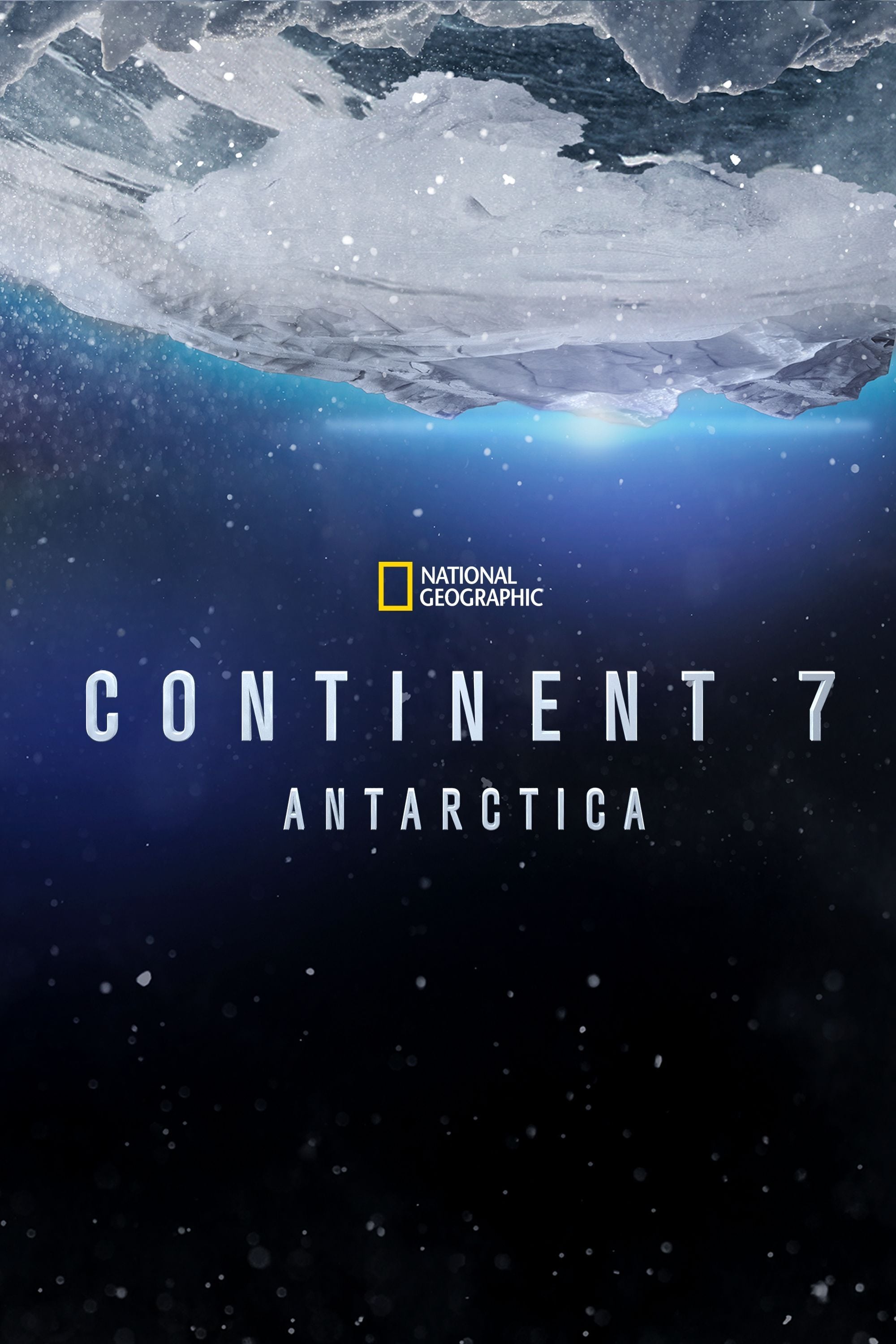
Take a journey to Antarctica to experience the world’s most extreme wilderness, to see the massive undertaking it is to support human life there, and to chronicle the world-changing science being done. Embed with missions on the ice, underneath it, and atop some of its peaks, as scientists and survival experts join forces to fight brutal conditions to help change the world.
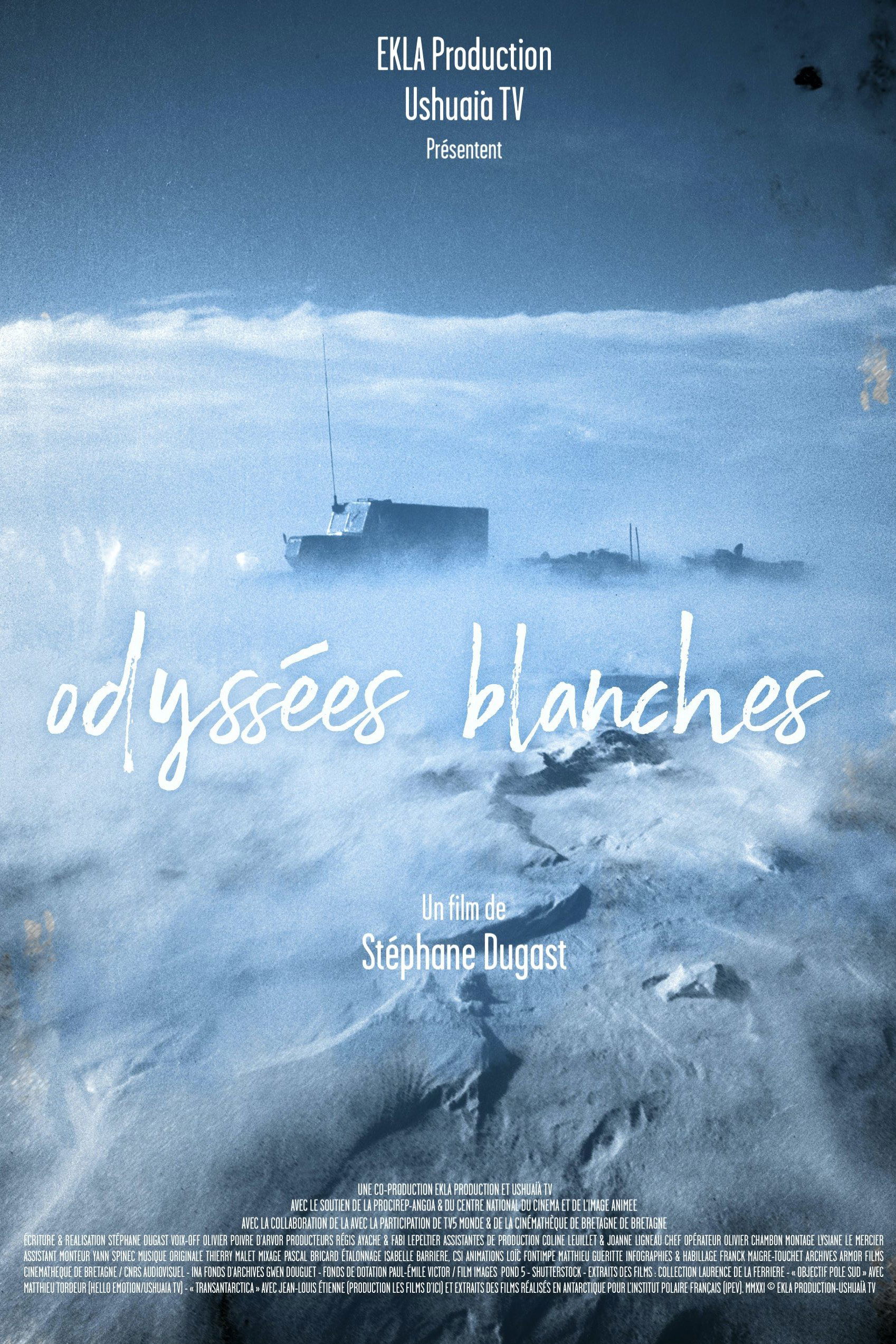
1947. The rush to the poles marked the beginning of an incredible human adventure to discover the last-remaining unknown lands. In France, Paul-E?mile Victor persuaded the government to finance expeditions to explore the Arctic and Antarctic. For the pioneers the conditions were Dantean, all in the name of science.
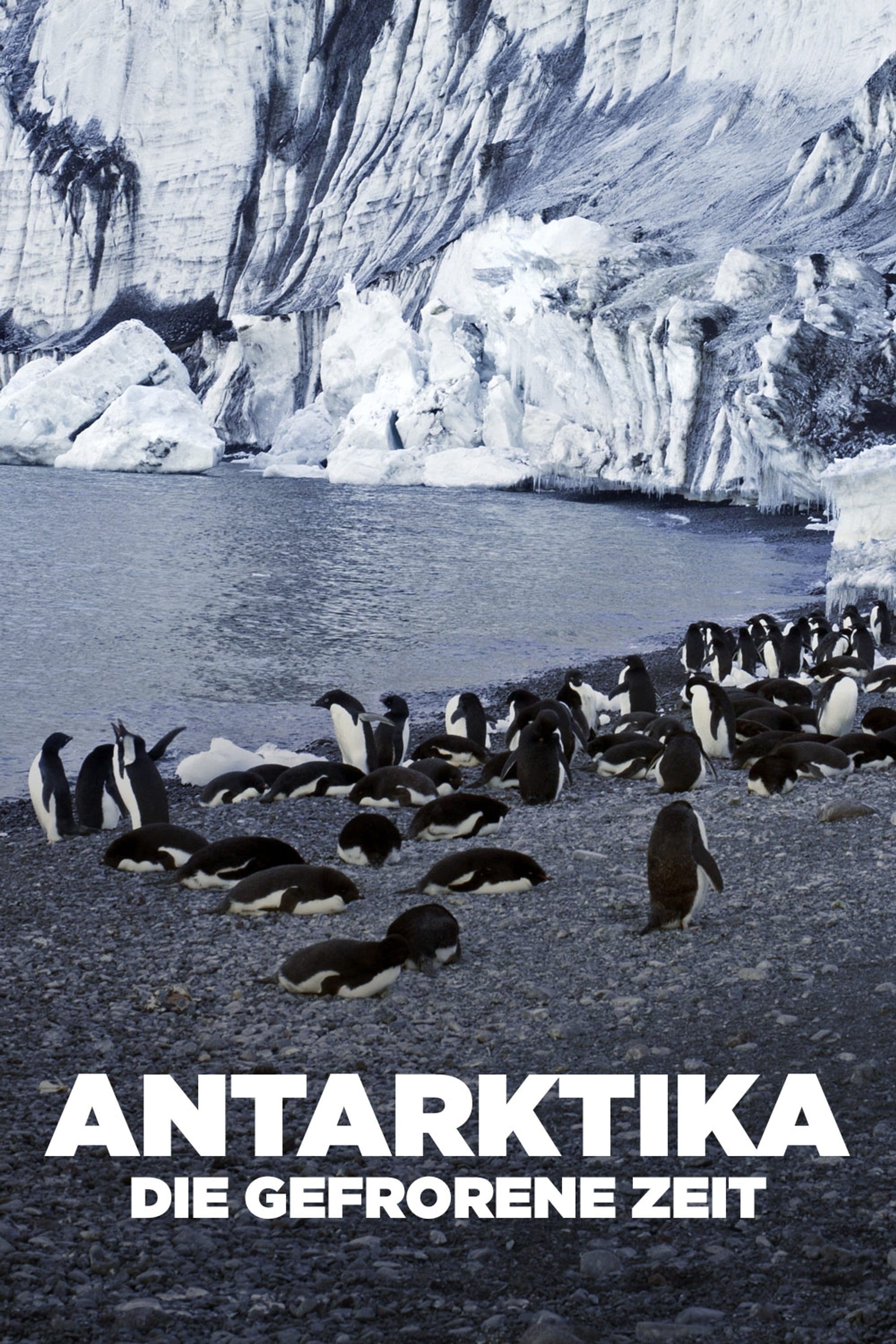
The bleakness of Antarctica is a fallacy. The ice continent is full of life and offers a biodiversity of which only about two percent are known. Much of it is under water and could determine the future of human beings. When the northern lights cover the ice landscape in summer, the animals in the Antarctic are in a paradisiacal state. Whales blow their fountains in the sky, penguins fly like small rockets into the water, seals dive for crabs under the glittering ice floes. From the bay of the Ross Sea to the ice shelf, from the huge penguin colonies to steaming volcanoes, a life in rhythm with the ice. But the consequences of climate change are slowly becoming apparent here too. While some species are dying, others are spreading. They could bring new viruses and bacteria with them, and new dangers for humans too. The structure of nature has gotten off course. How many generations will still be able to experience the magic of Antarctica?
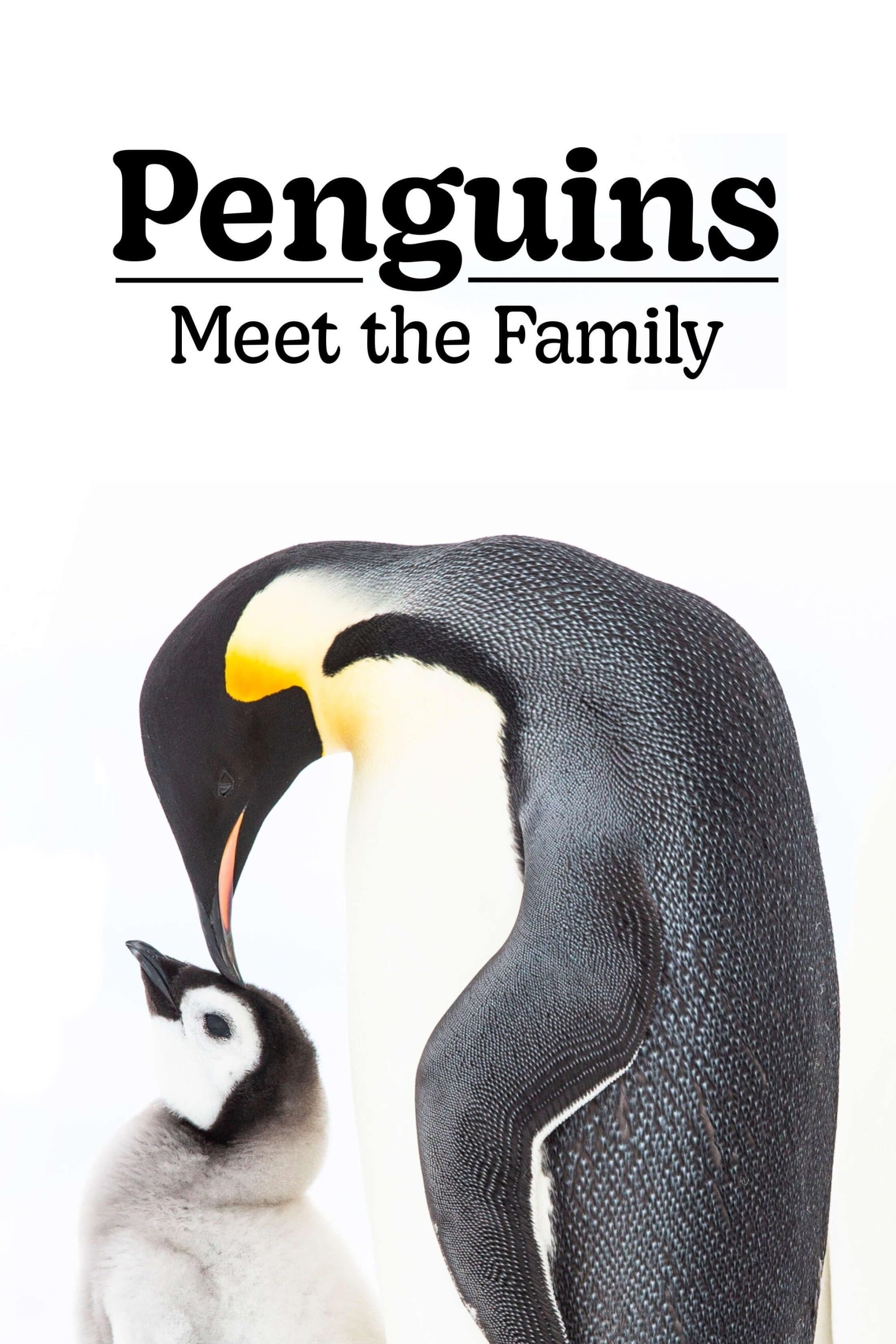
A unique celebration of one of Earth's most iconic birds, featuring all 18 species in footage from New Zealand, Cape Town, the Galapagos Islands and Antarctica.
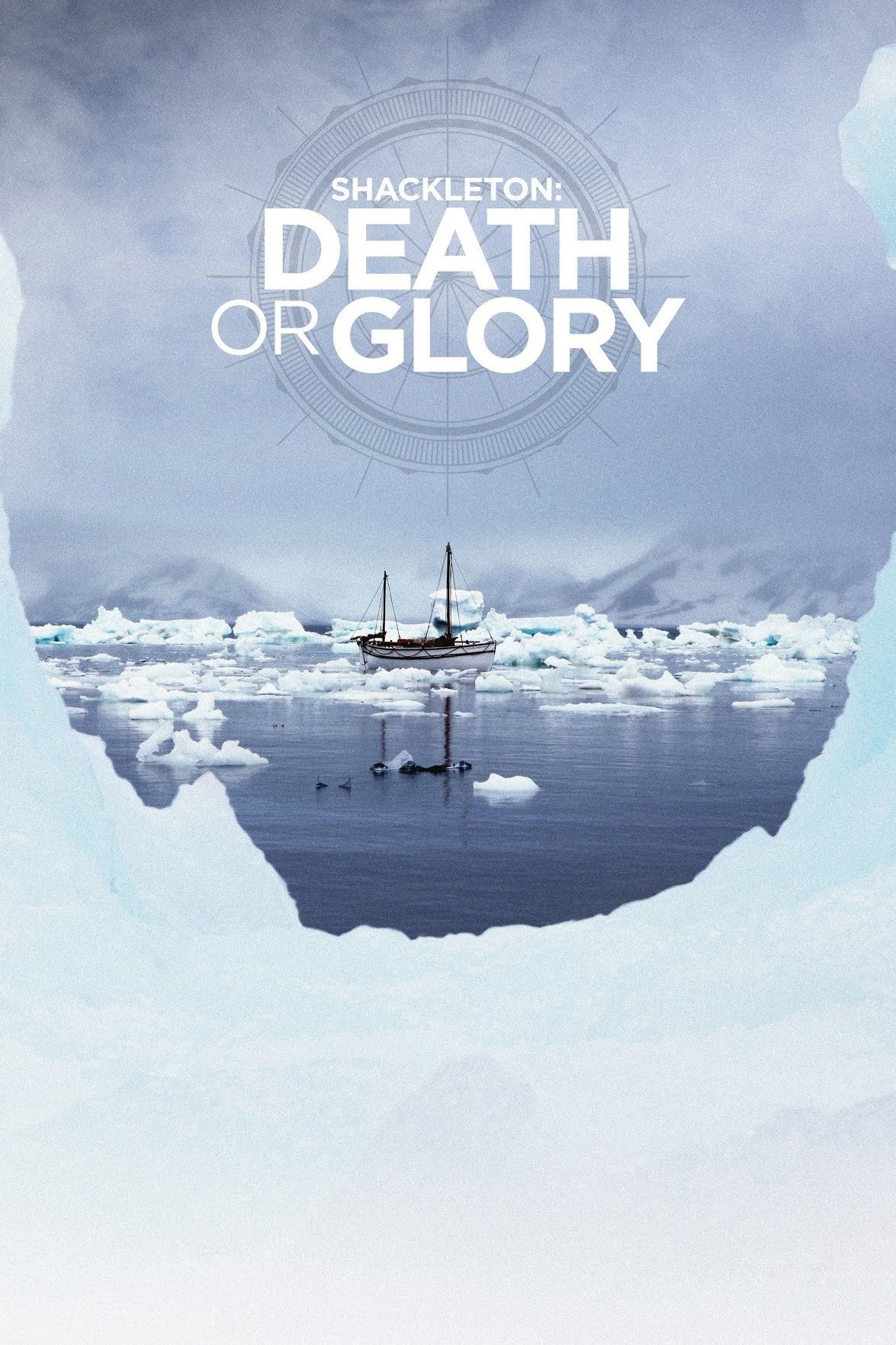
This series follows a modern expedition that re-creates Sir Ernest Shackleton's trans-Antarctic expedition, which launched in 1914. The series joins a crew of five intrepid explorers, led by renowned adventurer, scientist, and author Tim Jarvis, as they duplicate Shackleton's epic sea-and-land voyage in a replica of the original explorer's lifeboat.
By browsing this website, you accept our cookies policy.